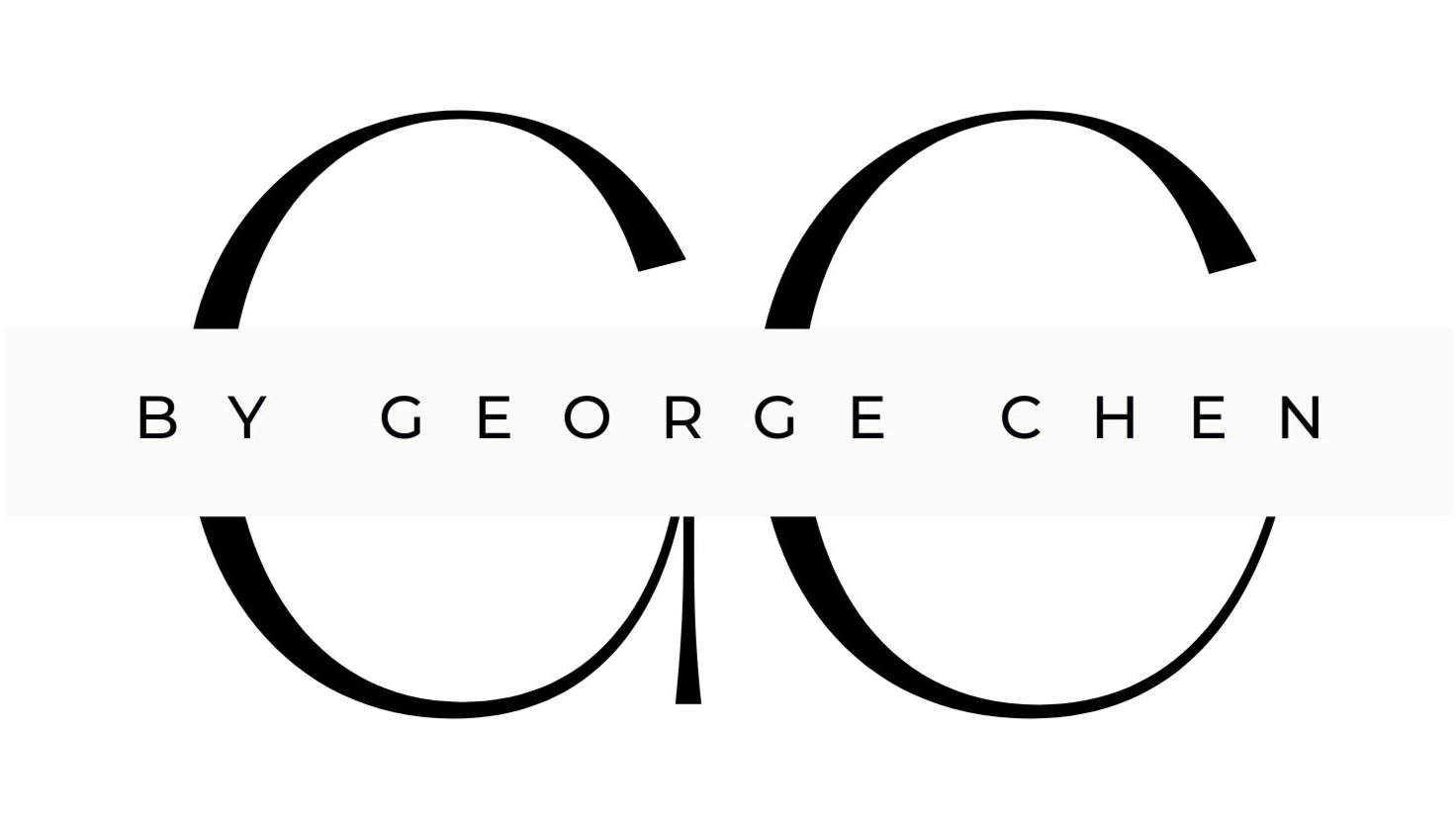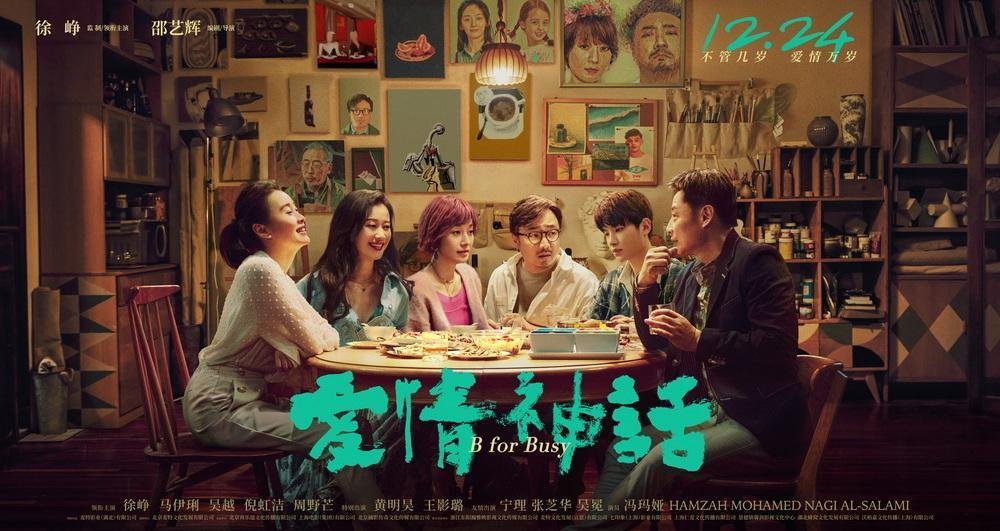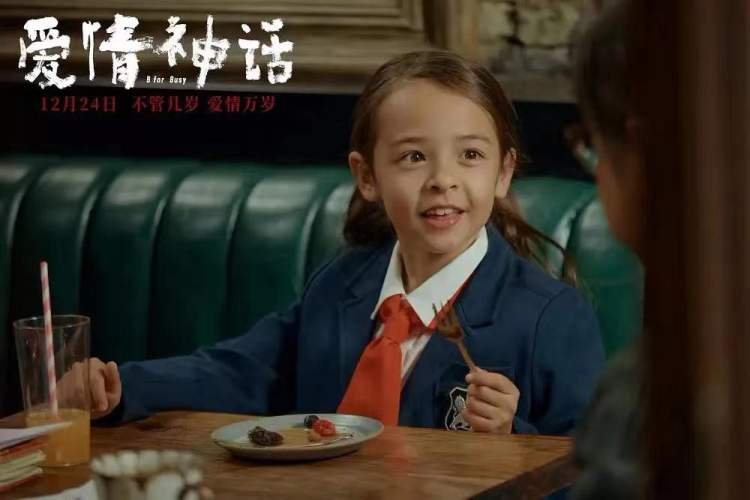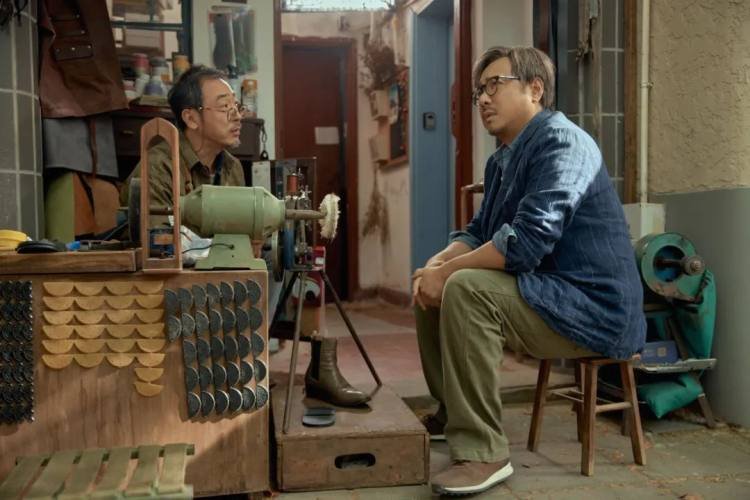Where You Really Come From
Do you know when the British forces first occupied Hong Kong Island in 1841, there were only less than 8,000 people living in Hong Kong?
That is to say almost every Hongkonger we know today is the next generation(s) of migrants — migrants from Mainland China (Shanghai, Guangdong, Fujian etc), India, South Asia, Vietnam, Britain, Australia, and the whole world! That is also what “Lau Zone” (撈鬆) — presented by the multi-talented trio of Yuri Ng, Anna Lo and Rick Lau — taught me tonight when I enjoyed the poignant yet playful cabaret on the rich variety of Chinese dialects at Hong Kong’s very own culture spot, Tai Kwun in Central.
“Lau Zone” is the Cantonese colloquial term used towards non-Cantonese natives, which essentially includes most Hongkongers of previous generations, as most of them were immigrants to the former British colony. All the immigrants made Hong Kong a unique place in the world where you may be often curious to know where s/he (and her/his families) originally came from. And of course sometimes you may be asked the same question too, especially when you travel or move abroad.
I was born in Shanghai, and I was relocated by my former baron, then the British news agency Reuters, to Hong Kong about 15 years ago. I have called Hong Kong my “home” since then. After all, home is where your heart belongs.
I learned Cantonese after I moved to Hong Kong and I truly love learning and speaking Cantonese (btw, you can also write in Cantonese, which has many special characters!) but I do speak Cantonese with my Shanghai accent as all my friends can tell. It’s hard to speak like a native of Hong Kong and I never intend to do so. Accent tells people where you originally came from and no one should hide that. It’s about your origin, just as a matter of fact, and it’s about your root. Everyone has his/her root.
Perhaps due to my Shanghai legacy, I know quickly that I became a fan of “Lau Zone” when Anna began to sing the traditional nursery rhyme in Shanghai dialect at the beginning of the drama.
I know there must be still a lot of Shanghainese people (and of course, their second or third generations) living in Hong Kong, though it is a very rare chance you will speak to someone in Shanghai dialect in Hong Kong nowadays unless you are really sure. I once bumped into former Chief Secretary Henry Tang at a private party and we began to talk about Shanghai. Once he realised my hometown is Shanghai, Henry began to try to show off his Shanghai dialect, well, just a few sentences. But that was fun and I still remember how quickly just a few sentences in Shanghai dialect got us connected emotionally.
“Where are you from? Where did you really come from?” This is the question asked again and again in the drama. As the official introduction of “Lau Zone” explains, this trivial bit of information seems to be useful only while filling in application forms. However, what else does our place of ancestry represent? Other than a few slang words, Hong Kong people are all but detached from the dialects spoken fluently among the older generations. It feels like a bittersweet relationship, doesn’t it?
Congratulations to Anna and the crew of “Lau Zone” to remind all of us about the uniqueness of Hong Kong and our “hometowns” — aka our 鄉下, not Japan or Korea, which I know many Hongkongers often joke about for their holiday time.
Hong Kong has been always a dream place of migrants. Migrants then became “Hongkongers”, who created what Hong Kong is today and the legend of Lion Rock will go on. So will the spirit of Hong Kong.










